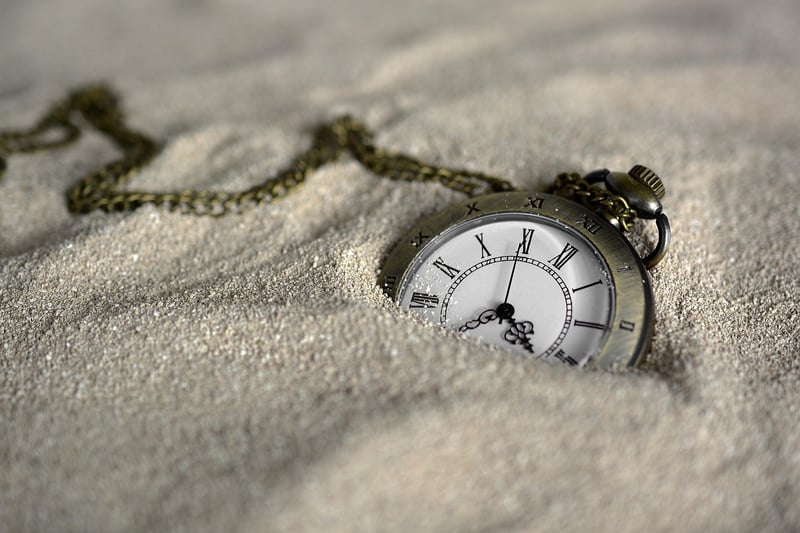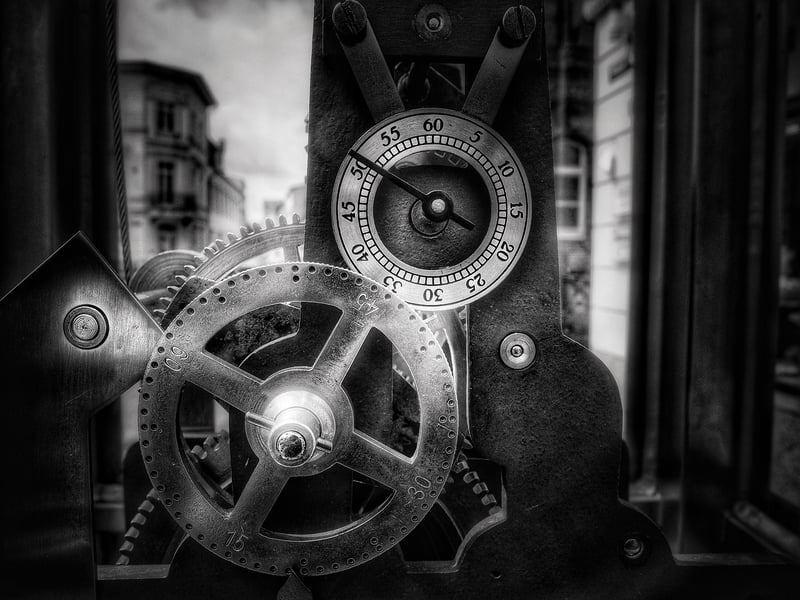Temporal Paradoxes
The Consequences of Temporal Paradoxes
Time travel has long been a fascinating concept in science fiction, with stories ranging from the adventurous to the mind-bending. However, the idea of altering past events to change the future raises interesting questions about the consequences and potential temporal paradoxes that may arise.
Consequences of Altering the Past
One of the most commonly explored consequences of time travel is the butterfly effect, where a small change in the past can have significant and unforeseen impacts on the future. This concept suggests that even minor alterations to historical events could lead to drastic changes in the present timeline.
Furthermore, altering the past could create a paradoxical situation where the future that prompted the time travel no longer exists, raising questions about the validity of the traveler's mission and the continuity of the timeline.
Temporal Paradoxes
Temporal paradoxes are logical contradictions that arise from time travel scenarios. One famous example is the grandfather paradox, where a time traveler goes back in time and prevents their grandfather from meeting their grandmother, thus preventing their own birth. This paradox raises questions about causality and the possibility of changing one's own past.
Another common paradox is the bootstrap paradox, where an object or information is sent back in time in an infinite loop with no discernible origin. This paradox challenges our understanding of cause and effect and raises questions about the nature of time itself.
Conclusion
While the concept of time travel is a captivating idea in fiction, the consequences and paradoxes it presents highlight the complexities and uncertainties of altering the past. Whether it's the butterfly effect or the grandfather paradox, exploring these concepts can lead to a deeper understanding of causality, time, and the intricacies of the universe.


